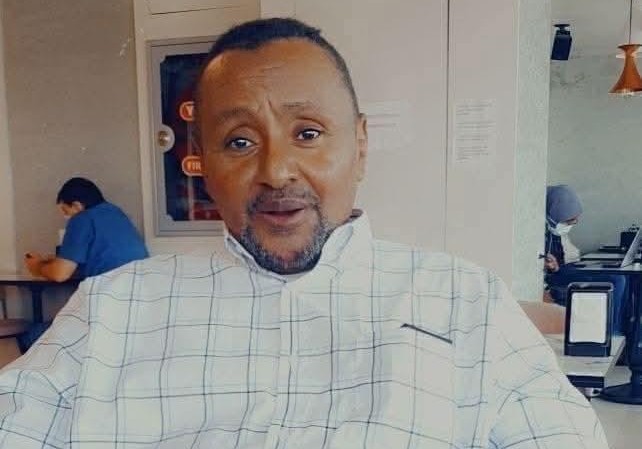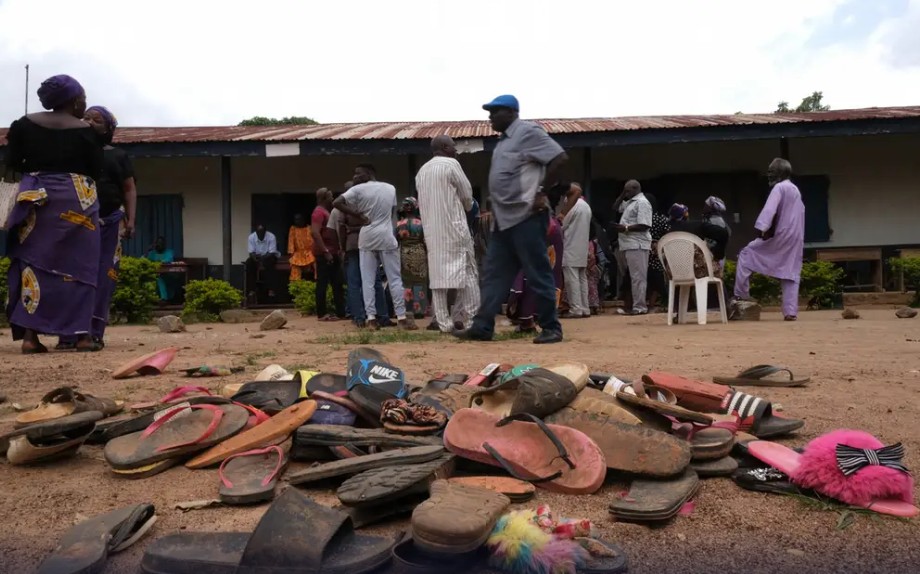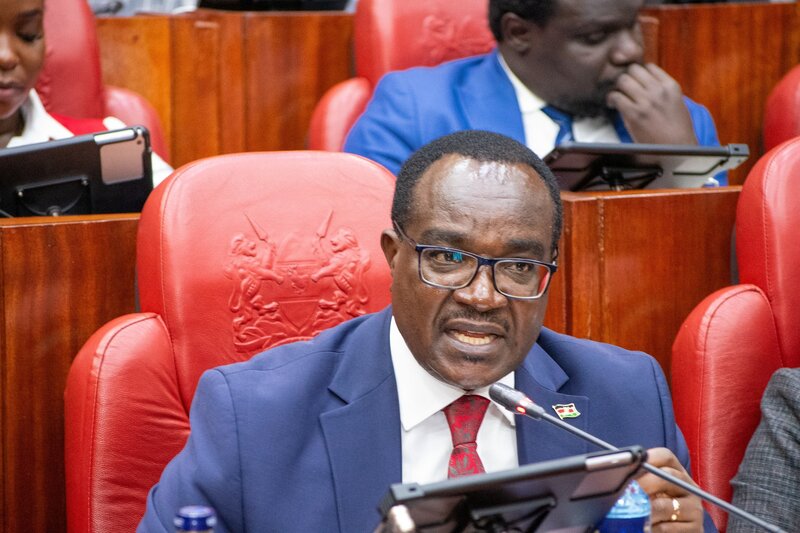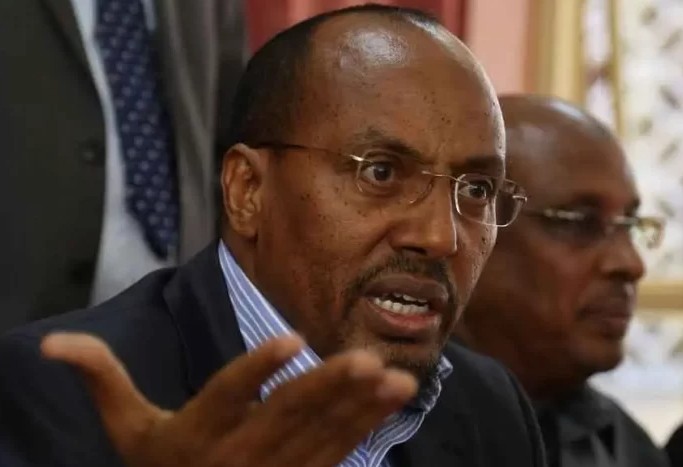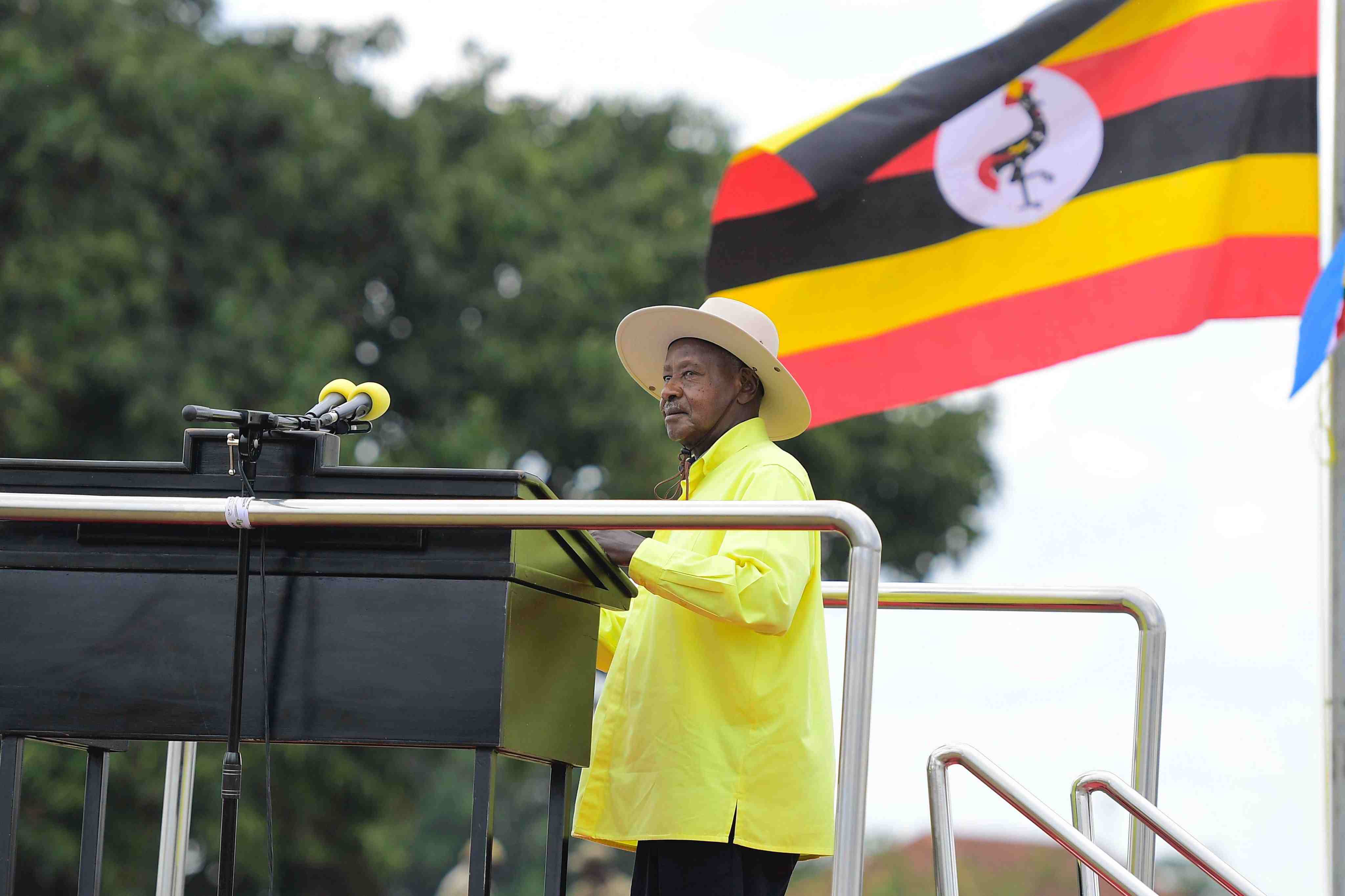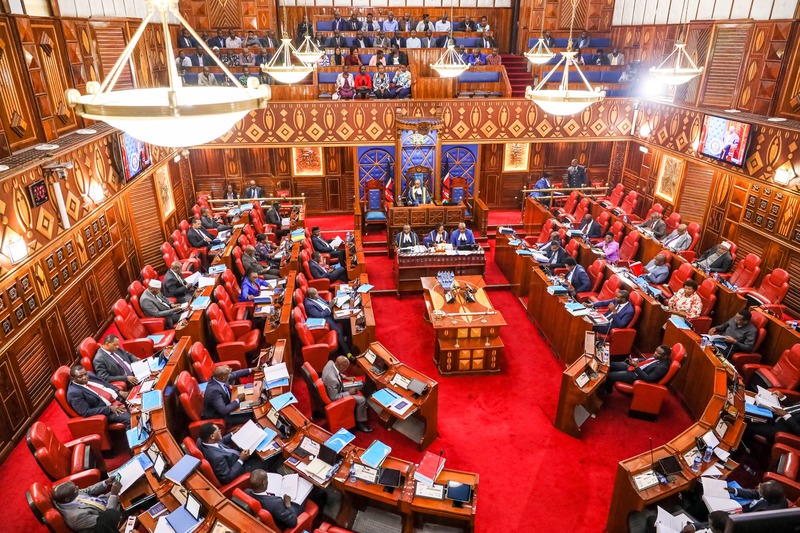Unesco warns teacher shortage could cripple the education sector in Kenya

Projections indicated a significant need for secondary school teachers worldwide, with 31 million required, compared to 13 million for primary education.
Kenya is among countries whose education could be in danger due to teacher shortage, Unesco has warned.
In a report dubbed, Addressing Teacher Shortages and Transforming the Profession, Unesco (United Nations Educational, Scientific and Cultural Organisation) says that globally, 44 million additional teachers are needed urgently to achieve the Universal Primary and Secondary Education target by 2030.
More To Read
- 1.13 million Kenyan children out of school amid deepening inequalities – report
- Kenya requires Sh72.8 billion annually to fill 100,000 teacher shortage - report
- 2025 KCSE concludes smoothly as government reports sharp decline in exam cheating cases
- Tension mounts as school heads, teachers’ union reject new TSC leadership structure
- 78 people arrested over exam malpractice as KCSE enters final stretch
- TSC calls on teachers to embrace professional development for CBE curriculum
The target is in line with Sustainable Development Goal 4, which calls for inclusive and equitable quality education for all.
“The shortage of teachers stands as a major challenge as we approach 2030. This scarcity is not just a number: It is a crisis undermining educational systems globally,” says the report.
The report lists Kenya among the countries facing teacher shortages, particularly in secondary schools. This is despite President William Ruto’s government’s efforts in bridging the gap.
Over the past year, the Kenya Kwanza administration has made commendable strides in tackling the teacher shortage, having employed 56,000 teachers.
However, the report says that Kenya needs to make good progress in meeting the demand for secondary school teachers by 2030, with a yearly growth rate of 29 per cent.
Projections indicated a significant need for secondary school teachers worldwide, with 31 million required, compared to 13 million for primary education.
“This means that approximately seven out of every 10 new teachers are needed in secondary education to meet the growing demand,” says the report.
Additionally, 58 per cent of the needed teachers are required to replace those leaving the workforce, while the remaining 42 per cent are for new teaching positions.
Some of the countries projected to meet their targets for high school teachers by 2030 are the Central African Republic of Congo, the Dominican Republic, Gambia, Montserrat, Myanmar, the Philippines, and the United Arab Emirates.
At the regional level, the greatest demand for teachers is in sub-Saharan Africa, where an additional 15 million teachers are needed.
The report says that the shortage is primarily due to the rapidly growing school-aged population, combined with financial constraints.
It says that unless urgent action is taken, just four in ten countries will have enough teachers to ensure universal primary education by 2030.
The number, however, decreases to fewer than one in five countries for secondary education.
According to the report, the effect of teacher shortage is profound: larger class sizes, overburdened educators, educational disparities and financial strain on educational systems.
However, where the demand for new teaching positions is high, a balance is needed between expanding available spots in training institutions to ensure recruits are adequately qualified and making the profession more attractive to ensure retention.
“While this is the situation in many low- and lower-middle income countries, in particular in Sub-Saharan Africa, the average observed growth rates have historically been insufficient to meet demand,” says the report.
The report adds that teaching as a profession faces several challenges, with one of the main threats being a decline in its professional status.
According to the report, countries dealing with teacher shortages have sometimes resorted to quick fixes like reducing training periods or hiring uncertified teachers.
It says that this trend risks undermining the profession's integrity and could lead to the perception that teaching is a job anyone can do without proper training.
“When teachers lack qualifications, there's a greater likelihood of their work being closely monitored and controlled, rather than allowing them the autonomy to make informed decisions based on their training and experience.
This excessive oversight can hinder their ability to excel professionally and contribute effectively to students' learning,” says the report.
It also says that teachers’ salaries remain unattractive, with data showing that educators’ salaries vary greatly concerning other professions, requiring similar levels of qualifications across all educational levels.
“In some countries, teachers earn double the average of other professionals while, in others, they earn much less. In 20 countries in Sub-Saharan Africa, teachers earn, on average, less than $625 (Sh82,500) monthly. In Uganda, the Democratic Republic of the Congo and Nigeria, they are not paid competitively, while in Burkina Faso and Côte d’Ivoire, teachers earn around three times as much as in other comparable professions,” the report says.
Top Stories Today
